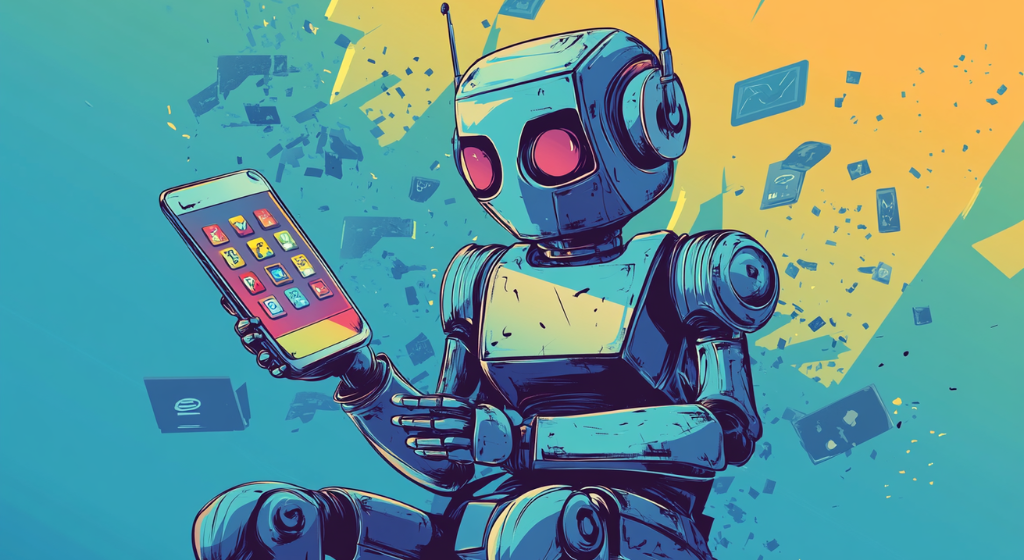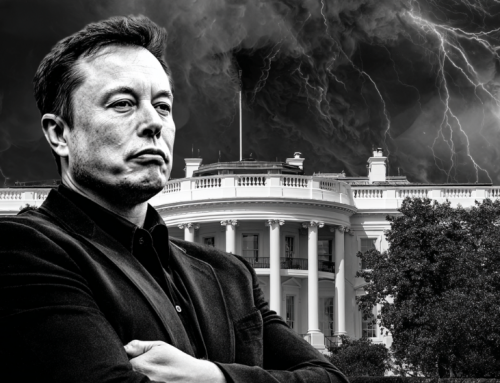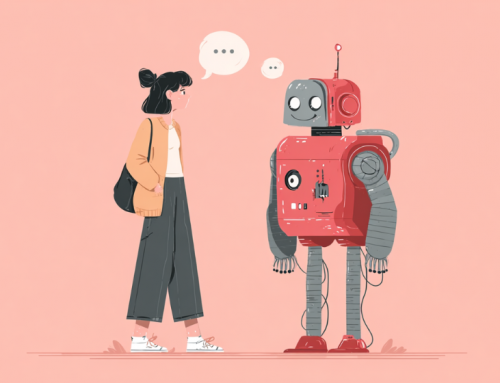
AI is shifting from massive, high-cost models to real-world applications, with 2025 poised to be the year intelligent agents and practical innovations make generative AI truly useful in everyday life. (Source: Image by RR)
AI Companies Are Moving Beyond Hype to Deliver Tangible, Game-Changing Applications
The AI industry is shifting from an arms race focused on ever-larger foundation models to a competition centered on consumer-friendly applications. Companies like Google, OpenAI, Meta, and Anthropic continue investing billions in frontier AI models, yet the everyday impact of AI remains limited. While AI-generated search summaries and chatbot interactions offer incremental improvements, they haven’t fundamentally changed how people interact with technology. In 2025, the focus is expected to shift toward making AI seamlessly useful, with a surge of real-world applications that integrate AI into daily life, transforming it from an abstract innovation into an indispensable tool.
DeepSeek’s recent breakthrough has intensified debates about AI accessibility, proving that high-performance language models can be developed at lower costs. This disruption, as reported in wired.com, fuels speculation that LLMs will become commoditized, shifting competition from model development to application-driven innovation. Investors are now looking at startups that can build transformative products rather than just refining AI models. In the past year, the industry moved away from simple “AI wrappers” toward deeper, more sophisticated integrations. The winners in AI will be those who unlock unique use cases, proving AI’s value beyond chatbots and text generation.
Automation and AI agents will define the next frontier of AI adoption. While AI-assisted coding tools are already transforming software development, broader applications remain untapped. AI-powered assistants will soon handle complex, multi-step tasks, such as automating customer service beyond basic chatbots. Google Labs’ Notebook LM is an early success in AI-driven workflow tools, and similar innovations will emerge in various industries. As AI advances in contextual understanding and decision-making, it will reduce the need for human intervention in many routine operations, making automation more intelligent and efficient.
As AI applications grow more advanced, ensuring reliability and trust will be crucial. The challenge lies not just in efficiency but in creating seamless, intuitive user experiences. However, increased AI autonomy raises concerns about misinformation, security risks, and job displacement. The industry must balance innovation with responsibility, ensuring AI enhances productivity rather than replacing human expertise. Looking ahead, 2025 will be a defining year—not just for AI breakthroughs but for proving whether AI can integrate into daily life as seamlessly as smartphones and electricity.
read more at wired.com







Leave A Comment